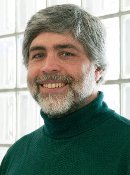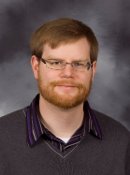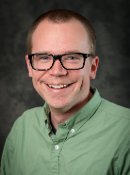 The College of Sciences and Arts is among those sponsoring lunch and prizes for the annual Superior Health Foundation (SHF) Golf Outing.
The College of Sciences and Arts is among those sponsoring lunch and prizes for the annual Superior Health Foundation (SHF) Golf Outing.
It takes place in Gwinn on June 19, 2015. SHF is proudly partnering with Child & Family Services of the U.P. on the event, with Child & Family Services using their portion of the net proceeds to address homeless adolescents in the U.P. There are 11 teams signed up, with 22 being the cutoff.
Registration and sponsorship forms are online at SHF.


